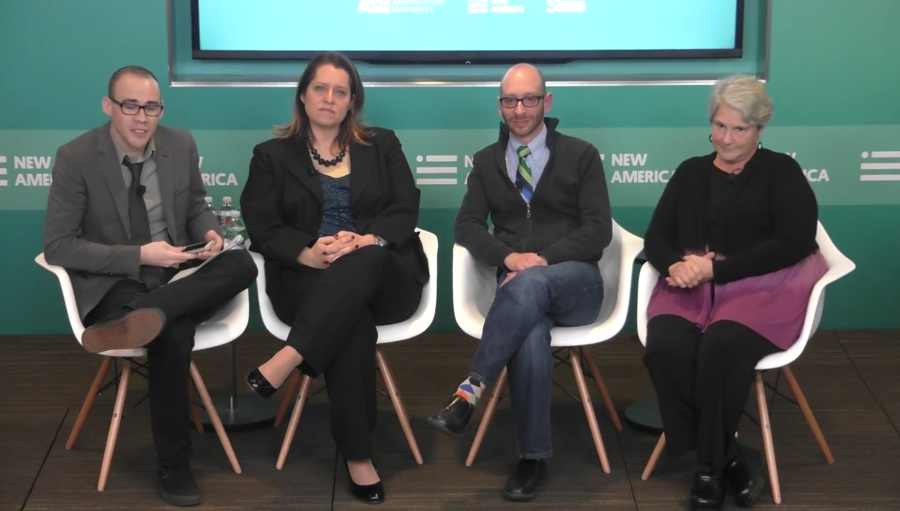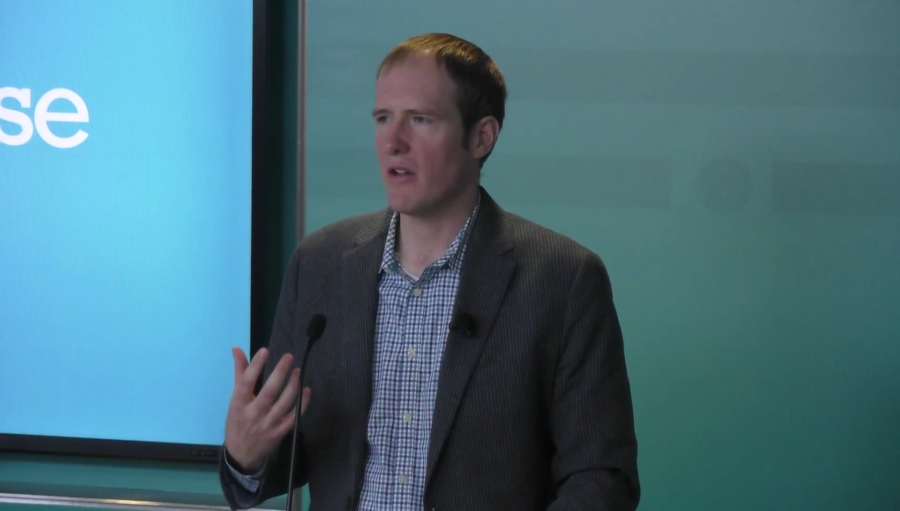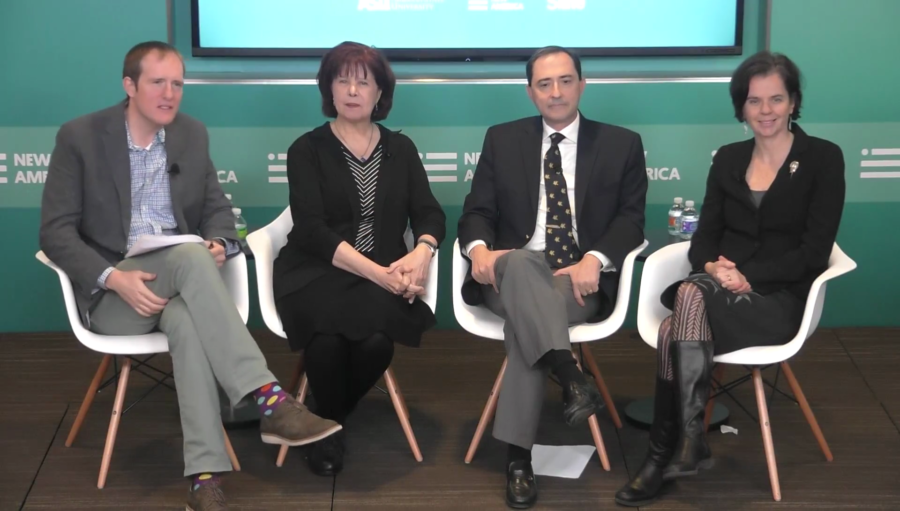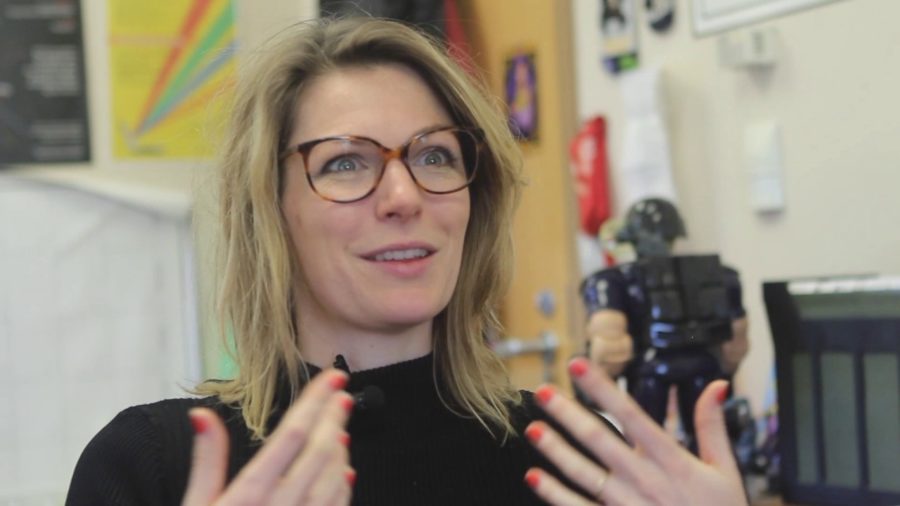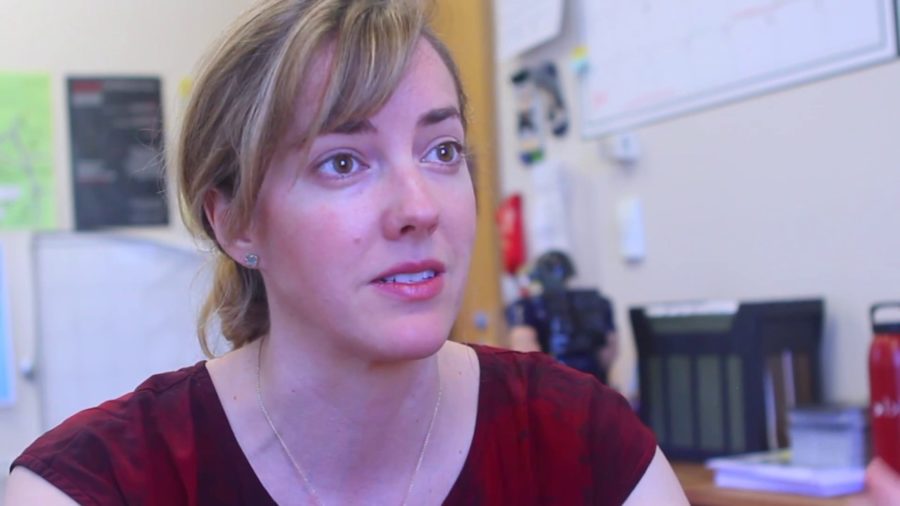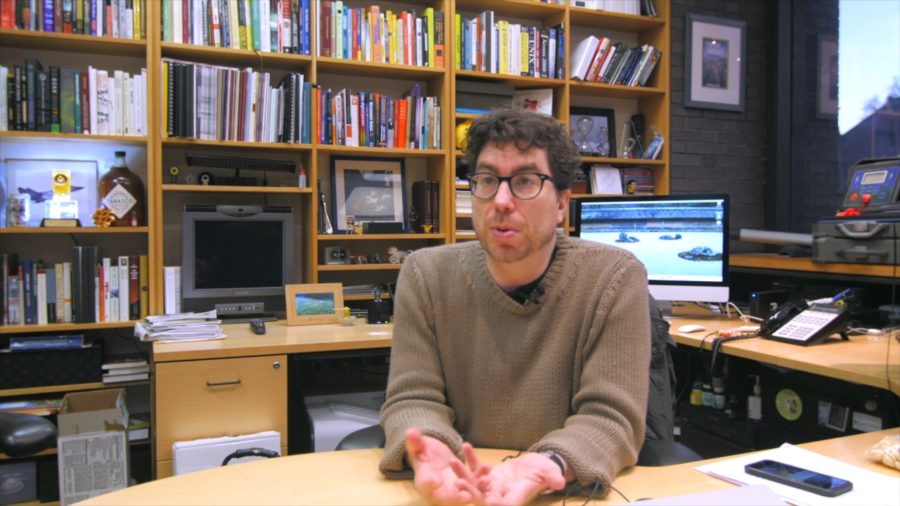Victor’s sin wasn’t in being too ambitious, not necessarily in playing God. It was in failing to care for the being he created, failing to take responsibility and to provide the creature what it needed to thrive, to reach its potential, to be a positive development for society instead of a disaster.
Sidney Blumenthal on the Crisis of Democracy
presented by Rob Riemen, Sidney Blumenthal
There's always been this strain, particularly in American politics, a skepticism about politicians. We're in one of these periods where there is such skepticism, but it runs deeper. Read more →

